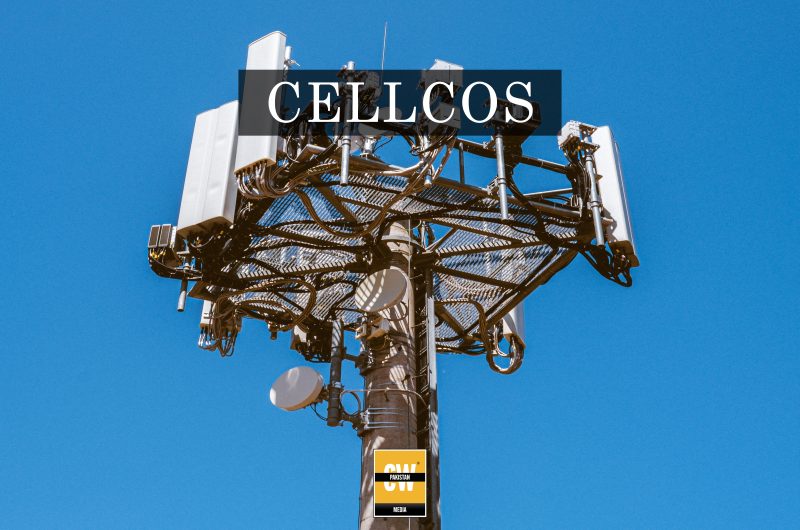Pakistan’s internet connectivity has been significantly impacted by a series of submarine cable failures in 2024. These disruptions have led to widespread service outages and slower internet speeds, highlighting the country’s vulnerability to such incidents.
Four major cable failures have occurred this year, including a cut on the SEAMEWE-4 cable near Karachi, which resulted in a significant loss of 1,500 Gbps in data capacity.
Pakistan currently relies on seven submarine cables operated by PTCL, Transworld, and CyberNet, with a total capacity of 10,146 Mbps. While these cables are crucial for the country’s internet connectivity, their susceptibility to faults poses a significant risk to internet services.
To address these challenges, the Pakistan Telecommunication Authority (PTA) has implemented several measures, including:
- Stricter Monitoring: The PTA has issued guidelines for Internet Service Providers (ISPs) to report cable faults within two hours and has established a robust monitoring system to track repair efforts.
- Enhanced QoS Regulations: The PTA has tightened its Quality of Service (QoS) regulations to ensure that ISPs meet specific performance standards.
- Consumer Complaint Management: The PTA’s complaint management system allows consumers to report issues and seek resolution.
While these measures are essential, the underlying issue of Pakistan’s reliance on a limited number of submarine cables remains a concern. To mitigate the impact of future disruptions, the government and telecom operators need to explore alternative connectivity options, such as satellite internet and terrestrial fiber-optic networks.
By investing in robust infrastructure and adopting innovative solutions, Pakistan can enhance its internet connectivity and ensure a more reliable and resilient digital future.









